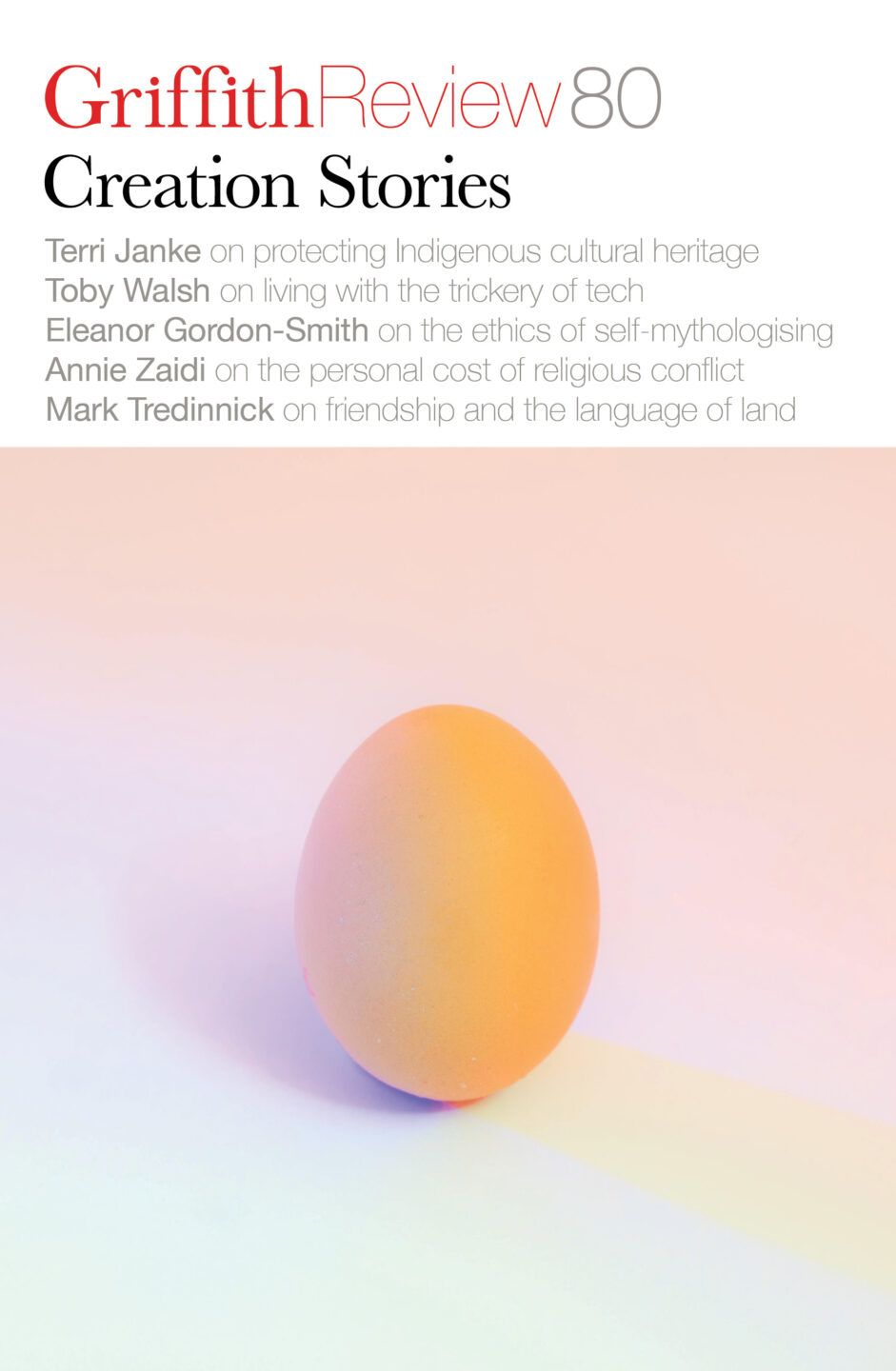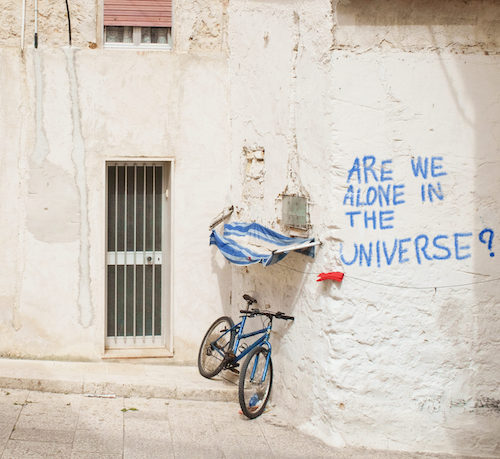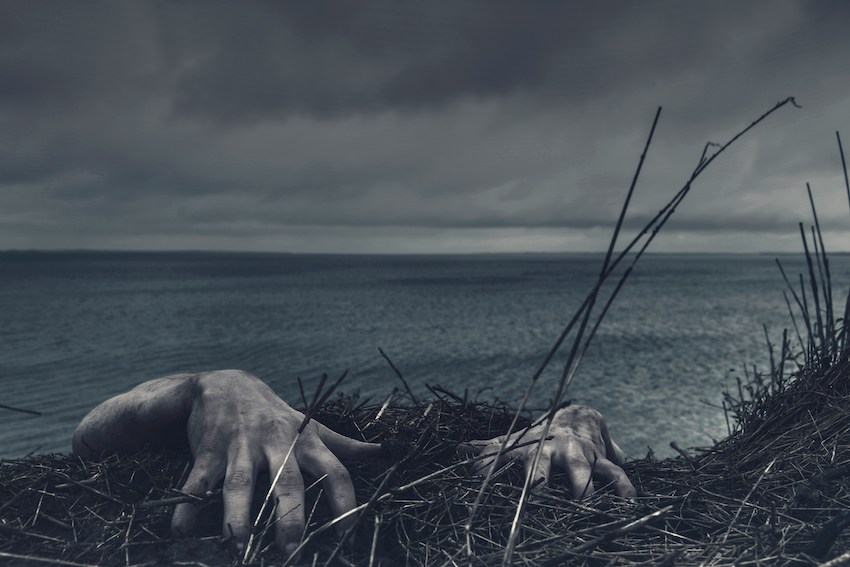On the forging of identity
Sartre, Camus and the universal struggle for self-creation
Featured in

- Published 20230502
- ISBN: 978-1-922212-83-2
- Extent: 264pp
- Paperback (234 x 153mm), eBook


Already a subscriber? Sign in here
If you are an educator or student wishing to access content for study purposes please contact us at griffithreview@griffith.edu.au
Share article
More from author

Zamby, zombi, zombie
Essay ANGRY MEN GATHERED in the dark of night at Bois Caïman, the Alligator Woods, under the shadow of the mountain Morne Rouge in northern...
More from this edition

Adhi danalpothayapa
Non-fictionFor all the clans on Saibai, both migrations were distressing, uprooting families from their homelands where they had lived for thousands of years. Nevertheless, knowledge produced from these migrations has been embedded in stories chronicling the changing climate, and shared throughout the generations. A strong sense of pride is conveyed when recounting these narratives of adaption and resilience. Story is the key because the wisdom is in the story.

Filling the void
Non-fictionThese failures of clean-up, or ‘mining legacies’, are the result of booms and busts – of minerals drifting in and out of favour. Nothing is as precious as a hole in the ground – until that hole in the ground is worth less than nothing. When a boom ends and a resource’s price plummets, a quarry’s metamorphosis from asset to liability can take place in an instant. When abandoned mines are located in out-of-the-way places, populated by those with little political influence, tailings may simply be left to blow in the wind.

New Scientist
PoetryA body we can read and understand. If only I could put you under a microscope and transform you into a symbol to unite our disciplines: the communication phage.